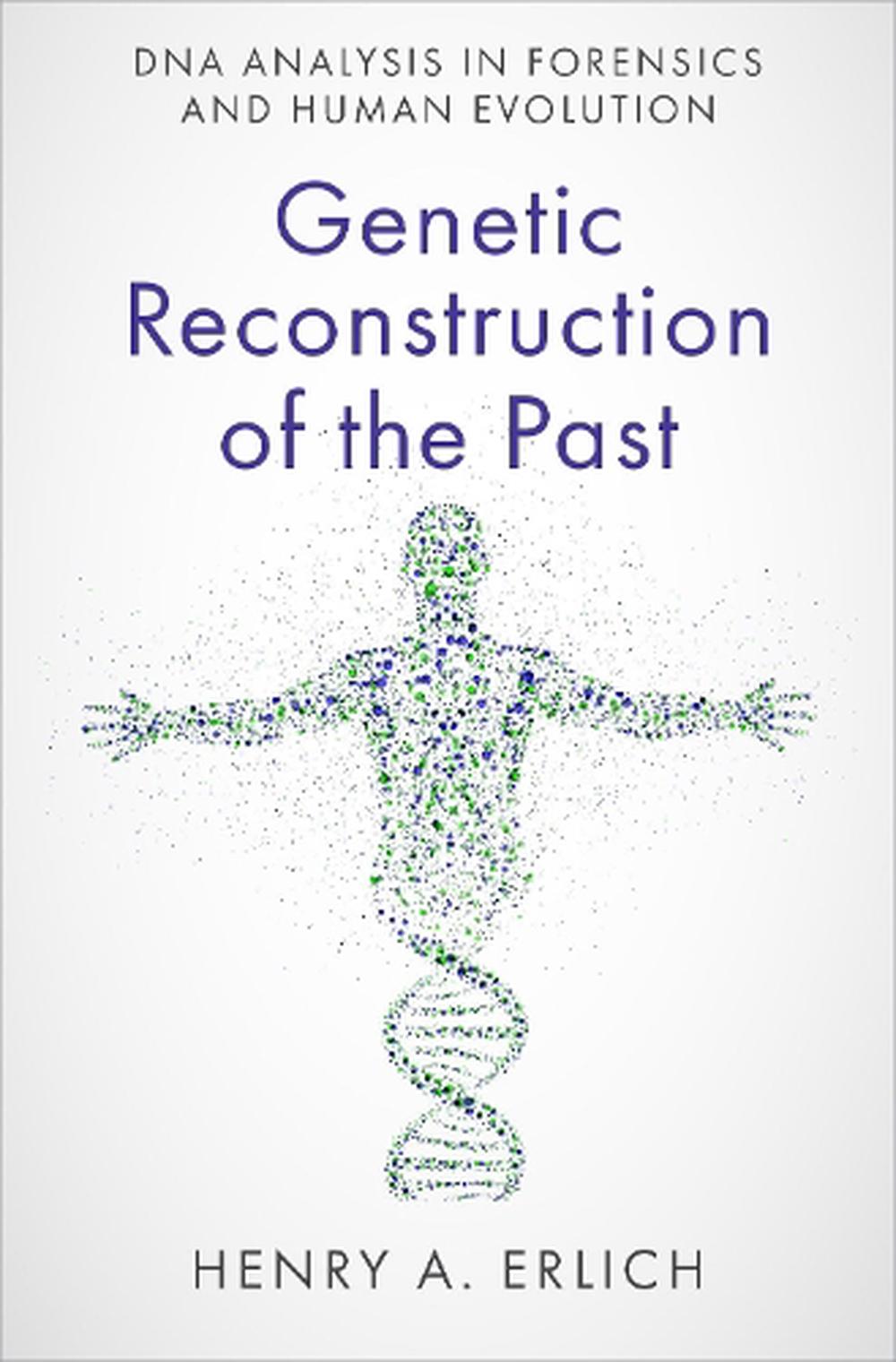
Genetic Reconstruction of the Past
by Henry A. Erlich
The same DNA technology that allows the analysis of a hair or tiny blood spot at a crime scene also enables sequencing the DNA of a bone fragment from a Neanderthal skeleton. Comparing the DNA sequences of different samples and comparing the frequency of specific genetic variants in different populations is a critical part of both forensic and evolutionary investigations. These two fields share a common goal: solving historical mysteries. The book discusses theintrinsic human curiosity about our origins and the desire to solve crimes and seek justice and how the recent emergence of DNA analysis has transformed our ability to address these universal humanaspirations.The unifying theme of the book is the recently developed capacity to use DNA sequence information to make inferences about historical events. Part One is a discussion of how DNA analysis can reconstruct the recent past, in particular, the events that transpired at the scene of a crime. Part Two is a discussion of the application of DNA analysis to reconstructing the ancient past, using DNA sequences from human samples as well as from fossil remains to studythe evolution of the human species and the historical relationships among contemporary and extinct human populations. Erlich discuss how he, along with his colleagues at Cetus Corp in the mid-1980sdeveloped the PCR (polymerase chain reaction) technology of specific DNA amplification, a method of synthesizing millions of copies of a specific targeted DNA sequence and applied it to address forensic and evolutionary questions. It is this capacity, that has transformed both forensic science and evolutionary biology and has led to both the identification-and exoneration-of criminal suspects and a deeper understanding of human evolution. These techniques, now widely used, were applied in thefirst DNA criminal case, the first exoneration case, and the first identification of a missing person. Discussions on the history and the many remaining contentious issues in forensic DNA analysis inPart One are organized around several specific criminal cases, while the book tries to convey the spirit of "doing science."
Hardcover
Brand New
Author Biography
Henry A. Erlich is Research Emeritus at the Benioff UCSF Children's Hospital Oakland Research Institute. He received his B.A. in Biochemical Sciences from Harvard in 1965 and his Ph.D in Genetics from the University of Washington. He was a post-doctoral fellow in the Biology Department at Princeton University from 1972-75 and in the Immunology Department at the Stanford School of Medicine from 1975-79. He was Director of the Human GeneticsDepartment at Cetus Corporation and Director of Human Genetics and VP of Exploratory Research at Roche Molecular Systems until 2013. He was a Senior Scientist at the Research Institute until 2021.
Table of Contents
PrefaceIntroduction: The Stories DNA TellsPart One: Reconstructing the Crime SceneChapter 1. All Rise: DNA Enters the CourtroomChapter 2. Deciding What the Jury Sees: DNA and AdmissibilityChapter 3. Exclusions and Exonerations: Justice for the Wrongfully ConvictedChapter 4. The Earl Washington Jr. Case and the Problem with MixturesChapter 5. The Weight of Evidence: Statistics and the Evolution of Forensic GenotypingChapter 6. Databases, Cold Hits, and Hot Button IssuesChapter 7. DNA, Doggerel, and Race Cards: The OJ Simpson TrialChapter 8. Closure and Justice: Identifying the MissingPart Two: Reconstructing the Ancient PastChapter 9. Allan Wilson, Molecular Evolution, and the Out of Africa HypothesisChapter 10. DNA of the Dead: Sequencing Archaic Species and Ancient RemainsChapter 11. Populations, Genes, and HistoryChapter 12. Controversies and Contention in Interpreting the PastChapter 13. Ancestry and Genetics: What's Race Got to Do with It?Appendix
Review
Genetic Reconstruction of the Past, by Henry A. Erlich '65 (Oxford, $34.95). A retired academic and industrial research scientist has crafted an accessible, engaging history of the development of PCR (polymerase chain reaction) technology to amplify DNA sequences, and its application to the past: recently (as in forensics and the unraveling of crimes) and long ago (as in Harvard professor of genetics David Reich's pathbreaking studies of human evolution and migration). A twofer: more reliable justice, and better appreciation of humans' shared ancestry. * Harvard Magazine *
Details

